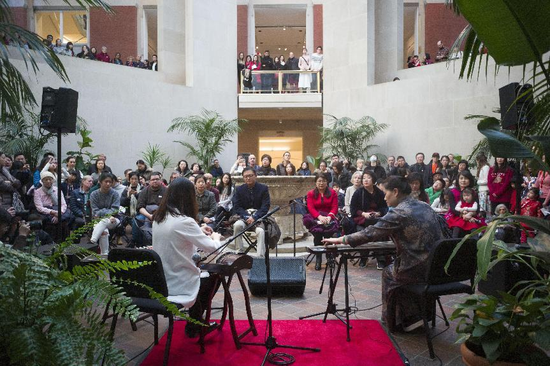
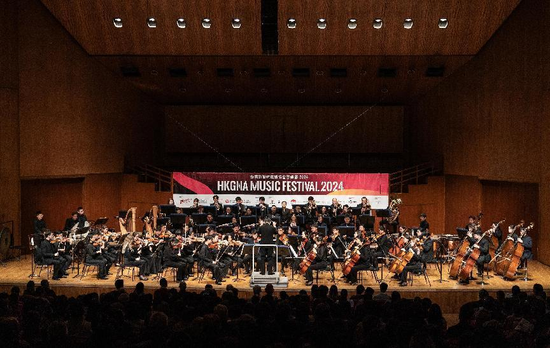
CNS: In 1984, you became the 6th president of the Juilliard School in New York. Just 3 years later, you led the Juilliard Orchestra on a tour to China, becoming the first American conservatory orchestra to tour China. What is behind the decision to tour China? What is the significance of the tour?
Joseph W. Polisi: I felt that it was important that Juilliard reach out to China and share our traditions, as well as learning from our Chinese hosts.
Our 1987 orchestral tour not only included orchestral concerts in various Chinese cities but also performances and master classes at several conservatories, where some of our senior faculty gave master classes and our students played American contemporary chamber music.
The power of the exchange was palpable, and this convinced me that Juilliard had to have some type of continuous connection to China during my presidency. The roots of the creation of the Tianjin Juilliard School in 2019 were created during the 1987 tour.
CNS: Under your leadership and guidance, Juilliard maintained a good relationship with China for the past four decades. How has China changed over the past 40 years in your observation?
Joseph W. Polisi: When I arrived in China in 1987 the roads were filled with bicycles. Now those bicycles have been replaced, for the most past, by automobiles. From 1987 to 2025 China has gone from an emerging nation to an economic powerhouse that has a very important role on the global stage. Music education in China has also been evolving during this period due to the influence of many educational institutions from around the globe which have worked with Chinese conservatories and the Ministry of Education to share curricular, performance, and other elements of the music educational process.
The Tianjin Juilliard School sees itself as a catalyst bringing the best of global music educational traditions to not only Tianjin but also China, East Asia, and beyond.








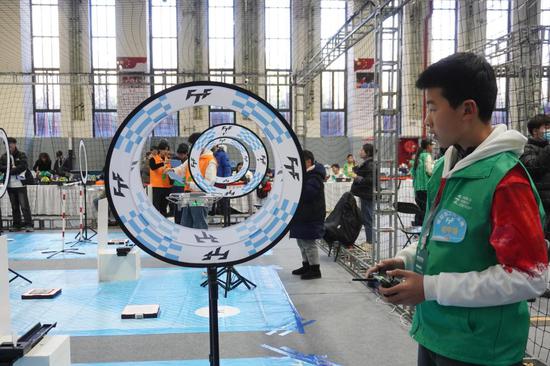
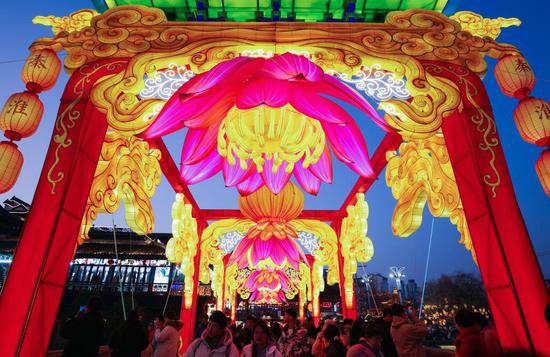


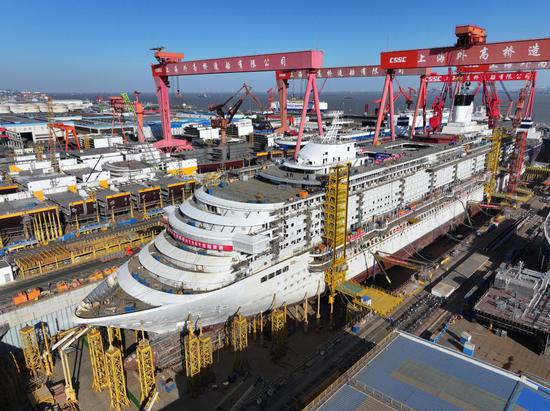
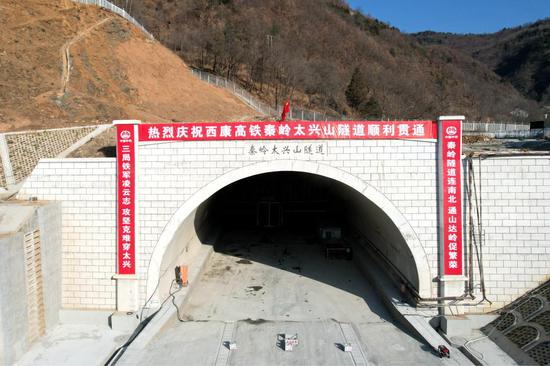
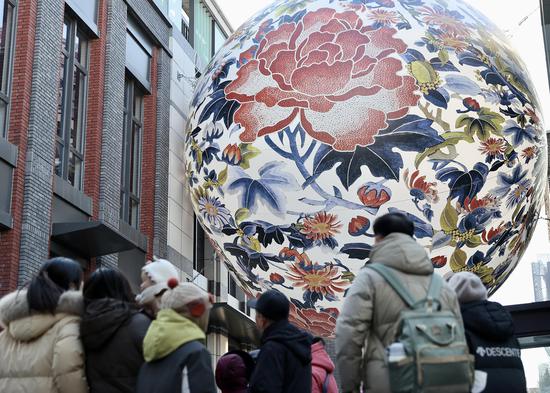
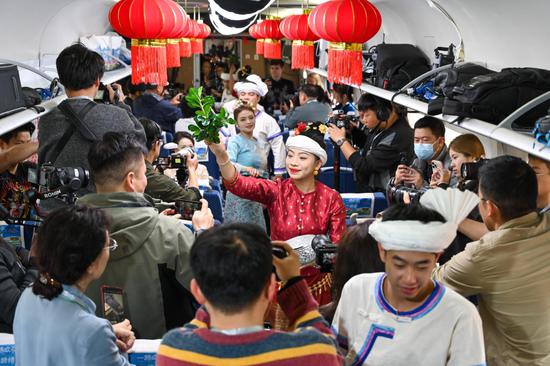

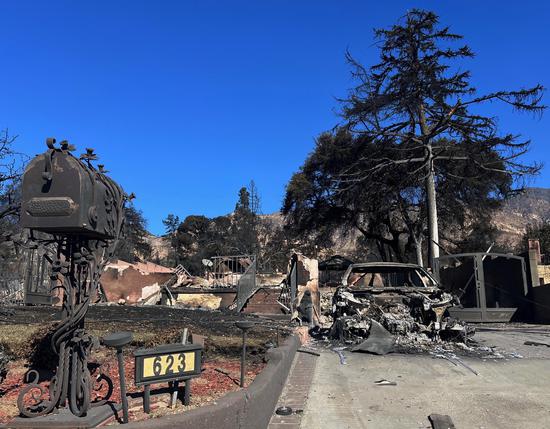

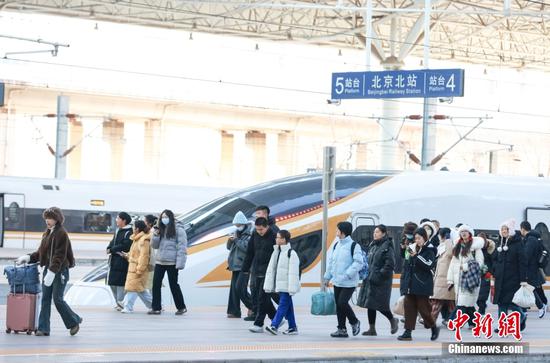




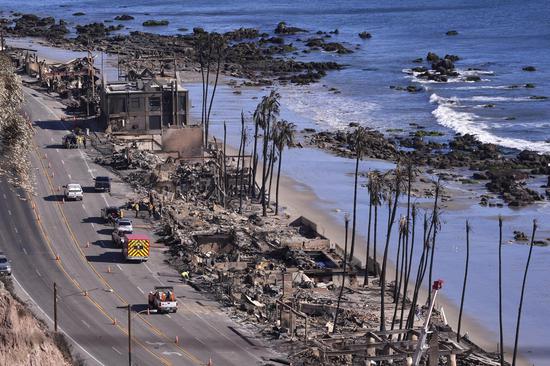


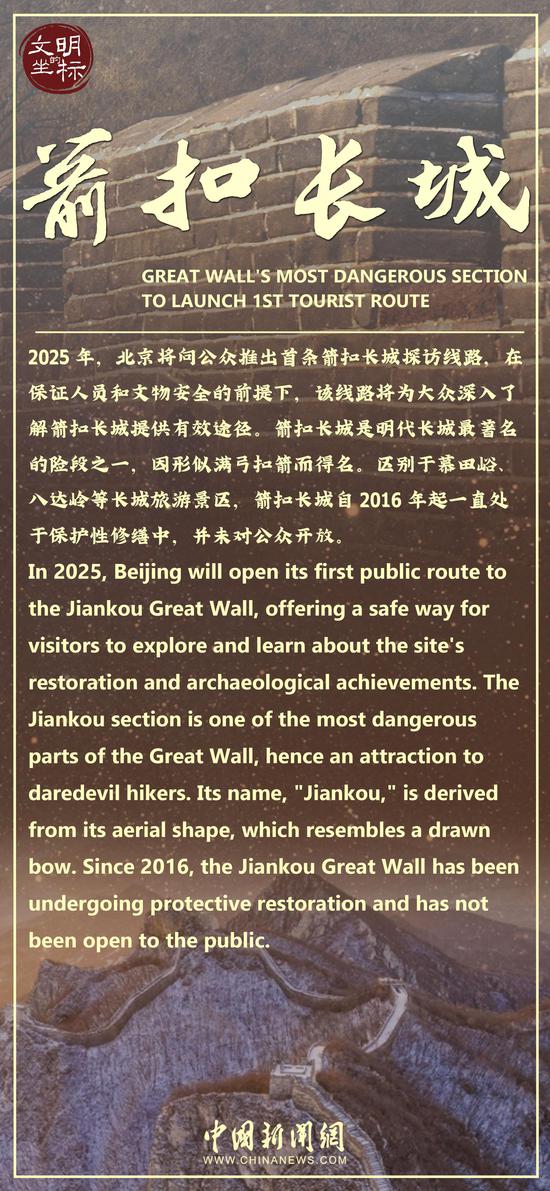
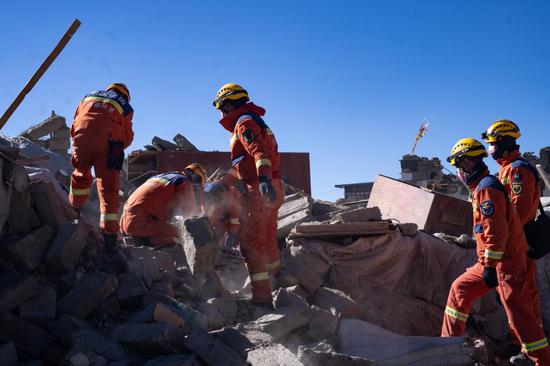


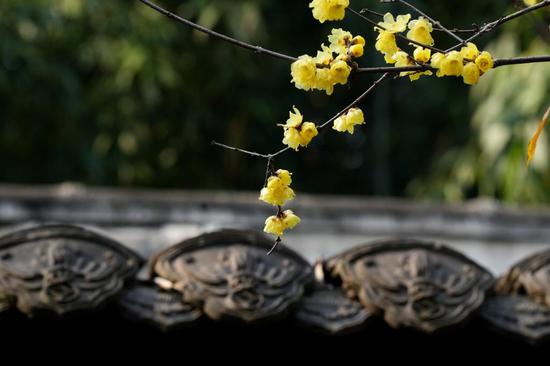



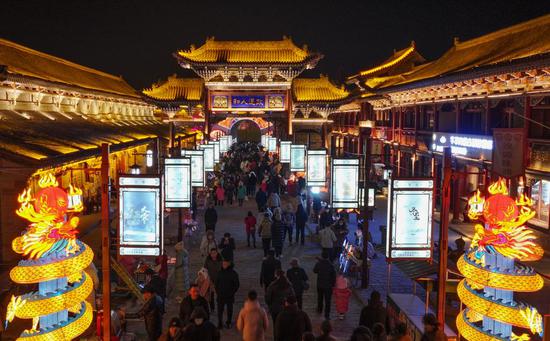
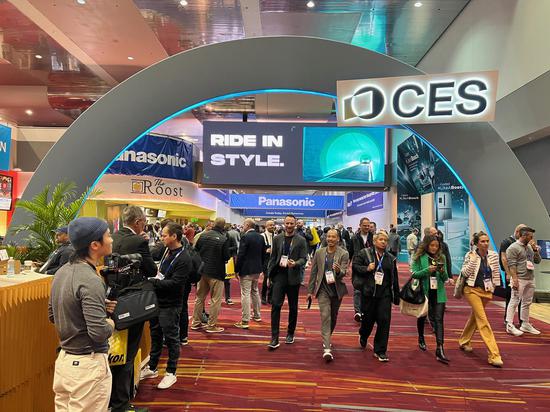






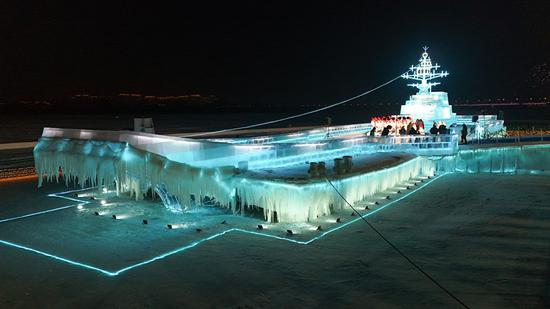


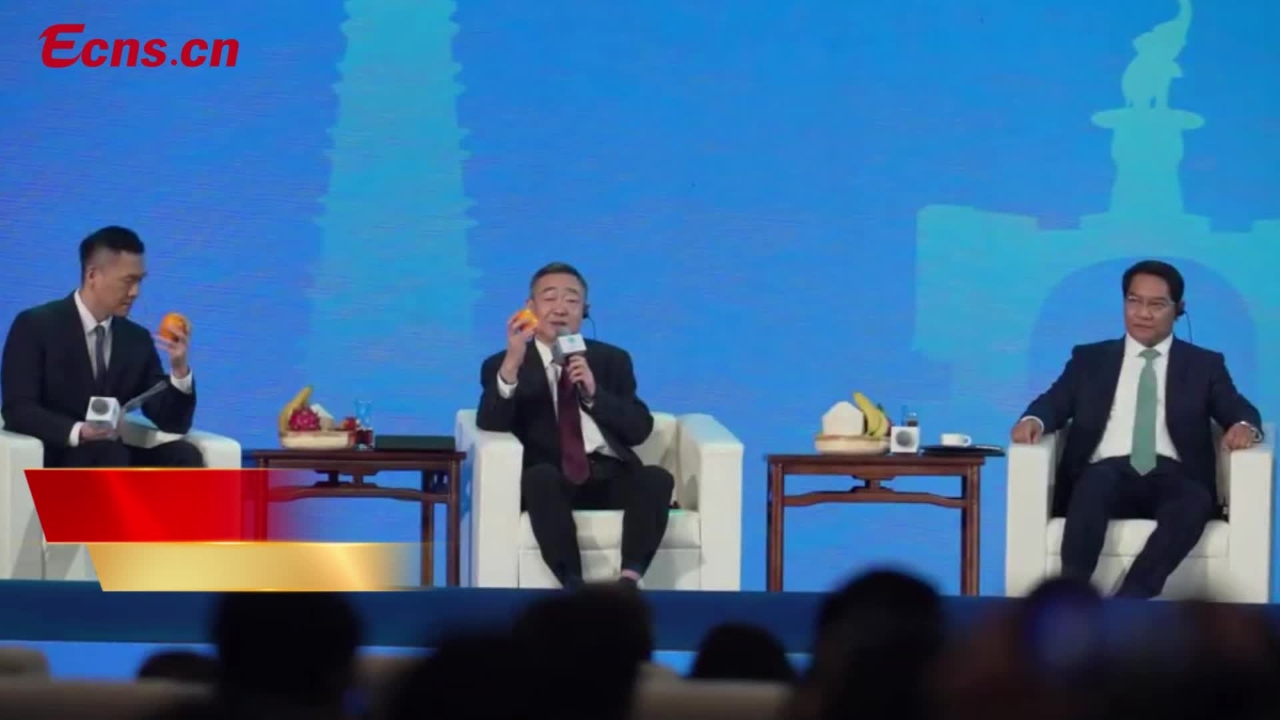



 京公网安备 11010202009201号
京公网安备 11010202009201号